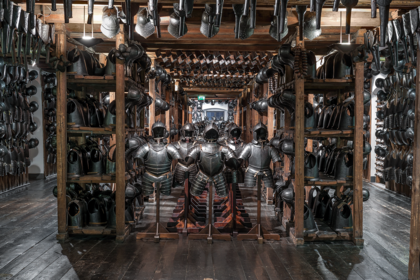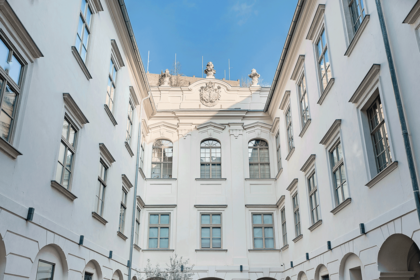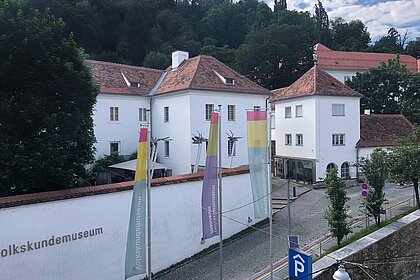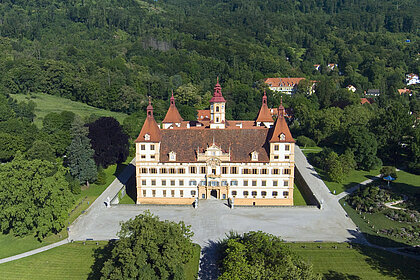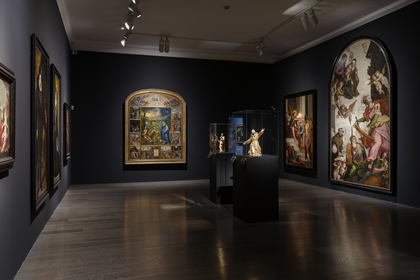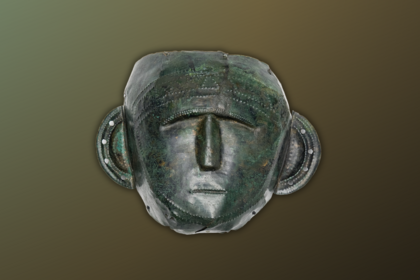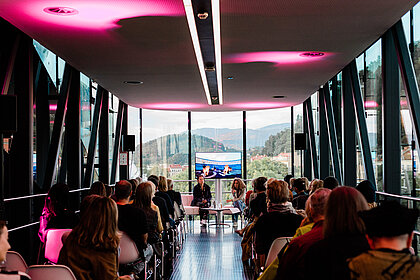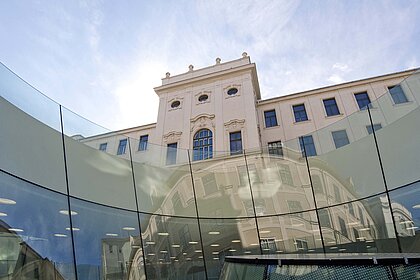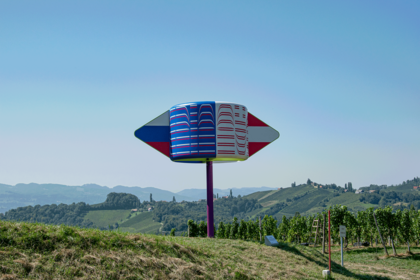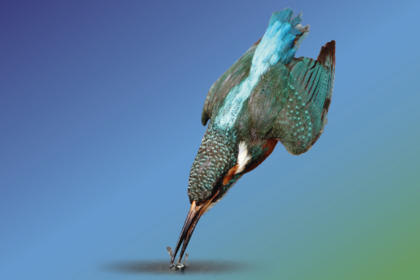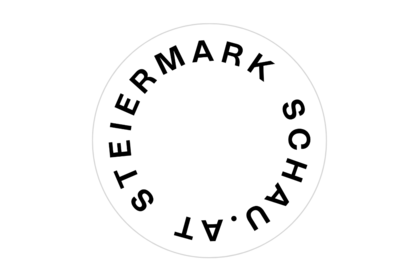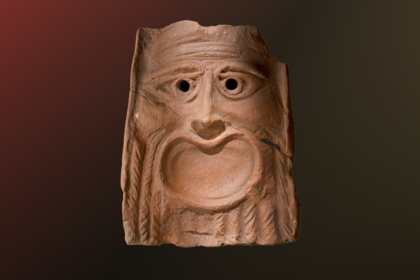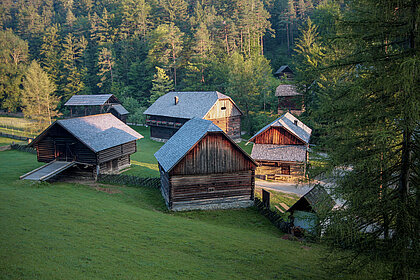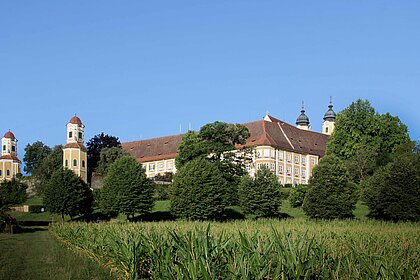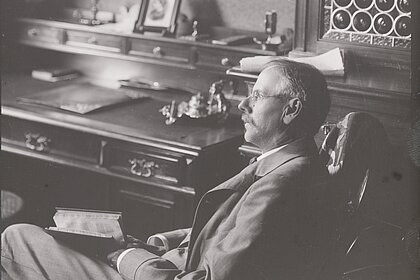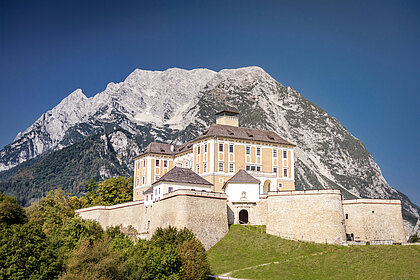In the summer of 2023, the artist and architect Benjamin Reynolds (* 1984), born in Melbourne, Australia and currently living in London, spent a research stay at Manfred Mikls house in the „Runddorf“ (round village) Zelting. The houses in Austria's southeasternmost municipality, arranged around a central oval village square, correspond to this type of village, which is very rare in Austria.
In his Dealer’s Way project, Reynolds deals with the once flourishing, now almost lost tradition of one of the oldest cultivated plants, flax. The lengthy and labor-intensive cultivation of flax was also common in large parts of Styria. Especially in the Ennstal, but also in the area around Bad Radkersburg, it was mainly used for personal use until the beginning of the Second World War. The further processing of flax into linen textiles represented a significant part of the local culture and economy. At the end of the 19th century, cotton, and later also synthetic fibers, replaced this resilient crop.
Reynolds' project also sees itself as an examination of the historical tradition of the itinerant trader, who, among other things, also sold fabrics made from flax linen. These traveling, mostly well-traveled “peddlers” often toured hundreds of kilometers across Europe on foot in order to bring their goods to remote settlements. These touring dealers, who were sometimes viewed with suspicion, were also accompanied by an important transfer of knowledge and culture. As cheaper competition to the local merchants, they were soon faced with massive restrictions that they tried to circumvent. Many of these traveling traders settled on their journeys for economic reasons, illustrating that migration is not a recent phenomenon.
The installation of an oversized, covered Dealer‘s Way is intended to set a temporary example for this tradition of itinerant trader, which is closely linked to the region. In Zelting, in the border area between Austria and Slovenia, it also commemorates the first cross-border migration movements. By embedding the historical cultivated plant flax, some of which comes from Mikl's own cultivation, Reynolds accentuates individual parts of the installation as a reminiscence of its once widespread cultivation.
free shuttle bus
departure: 2 pm, main station Graz, 8020 Graz
return: approx. 9 pm
please register before noon of the May 23
